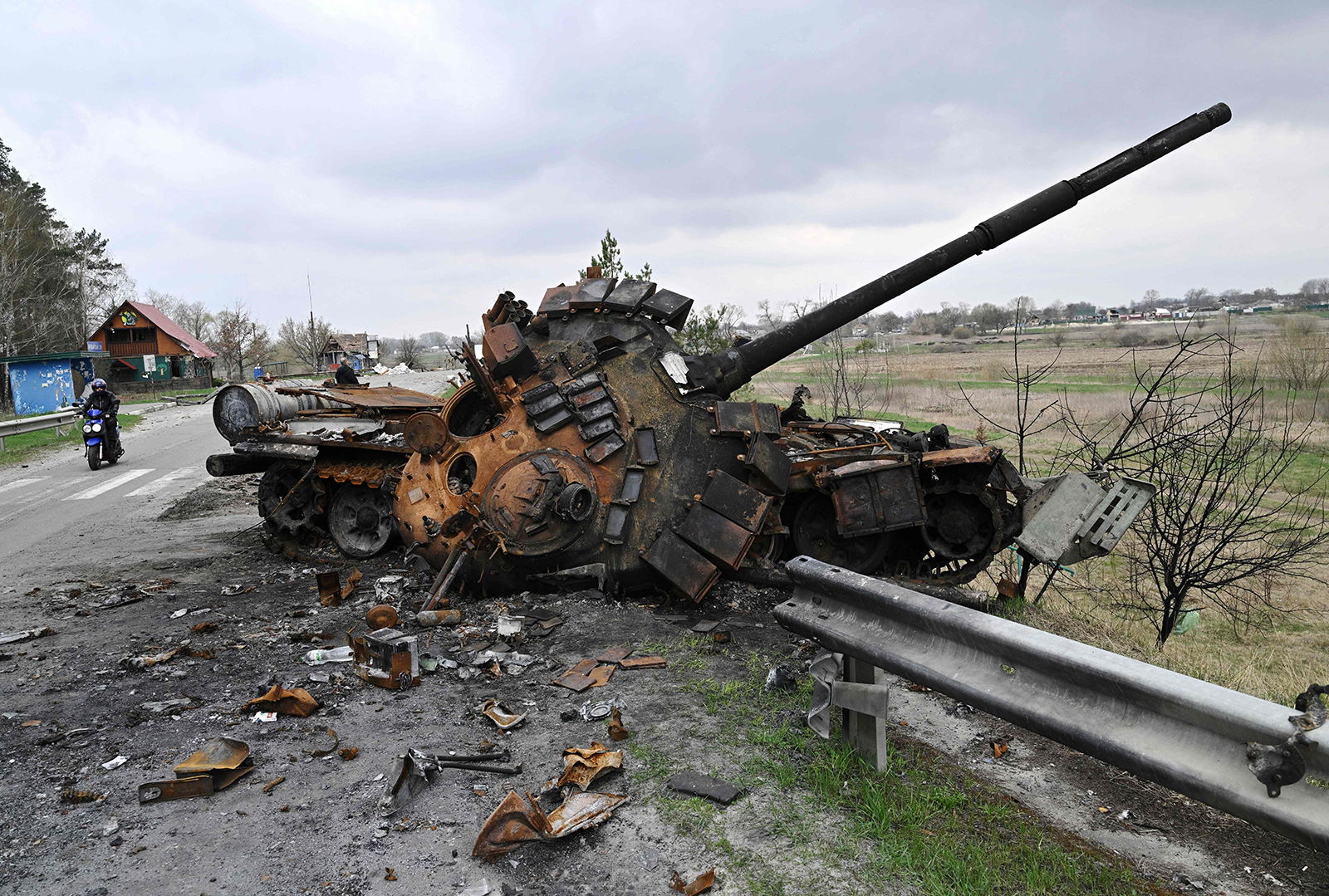Historical Context and Causes of the Conflict: Russia Ukraine War Russian

Russia ukraine war russian – The roots of the conflict between Russia and Ukraine lie in a complex interplay of historical, political, and geopolitical factors. Historically, Ukraine has been a contested territory, with both Russia and Ukraine claiming historical and cultural ties to the region. After the collapse of the Soviet Union in 1991, Ukraine emerged as an independent state, but tensions with Russia persisted over issues such as territorial boundaries, economic relations, and political alignment.
In the years leading up to the outbreak of war in 2022, tensions escalated significantly. Ukraine’s desire to strengthen its ties with the West, particularly through its pursuit of NATO membership, was seen by Russia as a threat to its own security interests. Additionally, Russia’s annexation of Crimea in 2014 and its support for separatist movements in eastern Ukraine further strained relations between the two countries.
Geopolitical Factors
The geopolitical factors behind Russia’s invasion of Ukraine are multifaceted. Russia views Ukraine as a buffer zone between itself and NATO, and its invasion can be seen as an attempt to prevent Ukraine from aligning with the West. Additionally, Russia has economic interests in Ukraine, particularly in the energy sector, and its invasion can be seen as an attempt to secure control over these resources.
Motivations Behind Russia’s Invasion
The motivations behind Russia’s invasion of Ukraine are complex and multifaceted. Some of the key motivations include:
- To prevent Ukraine from joining NATO and aligning with the West.
- To secure control over Ukraine’s energy resources.
- To protect Russian-speaking populations in eastern Ukraine.
- To restore Russia’s influence and control over its former sphere of influence.
Military Developments and Impact

The Russia-Ukraine war has witnessed a complex and dynamic military conflict, with both sides employing distinct strategies and tactics. Russia’s initial invasion plan aimed to swiftly seize key Ukrainian cities and topple the government, but fierce Ukrainian resistance and Western military support have led to a protracted and bloody conflict.
Russia’s military strategy has been characterized by a combination of conventional warfare and indiscriminate bombardment of civilian areas. Its initial thrust focused on capturing major cities such as Kyiv, Kharkiv, and Mariupol. However, Ukrainian forces have effectively defended these urban centers, forcing Russia to adopt a more attritional approach, with heavy artillery and missile strikes on Ukrainian infrastructure and military positions.
Key Battles and Turning Points
The Battle of Kyiv in the early stages of the war was a major turning point, as Ukrainian forces successfully repelled Russia’s attempt to capture the capital. The Battle of Kherson, launched by Ukrainian forces in August 2022, has seen significant gains, with the liberation of key towns and the eventual recapture of the city of Kherson in November 2022.
The ongoing Battle of Bakhmut has been a focal point of intense fighting, with both sides suffering heavy casualties. Russia’s relentless attacks on the city have been met with fierce Ukrainian resistance, demonstrating the determination and resilience of the Ukrainian military.
Humanitarian Impact
The war has had a devastating humanitarian impact on Ukraine. Civilian casualties have been staggering, with thousands killed and injured. The conflict has also displaced millions of people, both within Ukraine and across its borders, creating a major refugee crisis in Europe.
The destruction of civilian infrastructure, including hospitals, schools, and residential buildings, has exacerbated the suffering of the Ukrainian population. The conflict has also disrupted essential services such as electricity, water, and healthcare, leading to a severe humanitarian crisis.
Global Implications and Diplomatic Efforts
The war in Ukraine has had far-reaching global implications, triggering a wide range of responses from the international community. Nations have imposed economic sanctions on Russia, while others have provided military aid to Ukraine. Diplomatic initiatives have been launched in an attempt to mediate the conflict, and international organizations such as the United Nations and NATO have played a crucial role in coordinating efforts.
International Sanctions
In response to Russia’s invasion of Ukraine, Western nations and their allies have imposed a series of economic sanctions designed to cripple the Russian economy and pressure the Kremlin to end the war. These sanctions have targeted Russia’s financial system, its energy sector, and its access to key technologies. The sanctions have had a significant impact on the Russian economy, leading to a sharp decline in the value of the ruble and a rise in inflation.
Diplomatic Initiatives
Alongside economic sanctions, the international community has also launched a number of diplomatic initiatives in an attempt to mediate the conflict and find a peaceful resolution. These initiatives have involved high-level talks between Russian and Ukrainian officials, as well as mediation efforts by third parties such as Turkey and Israel. However, despite these efforts, a diplomatic breakthrough has yet to be achieved.
Role of International Organizations, Russia ukraine war russian
International organizations such as the United Nations and NATO have played a crucial role in coordinating international efforts to address the conflict in Ukraine. The United Nations has provided humanitarian assistance to civilians affected by the war, while NATO has increased its military presence in Eastern Europe and provided military aid to Ukraine. These organizations have also played a role in monitoring the situation and reporting on human rights violations.
Potential Long-Term Consequences
The war in Ukraine has the potential to have long-term consequences for Europe and the global order. The conflict has already led to a significant loss of life and destruction, and it is likely to have a lasting impact on the economies of both Russia and Ukraine. The war has also raised concerns about the future of European security and the stability of the global order. The outcome of the conflict will have implications for the future of international relations and the global balance of power.
